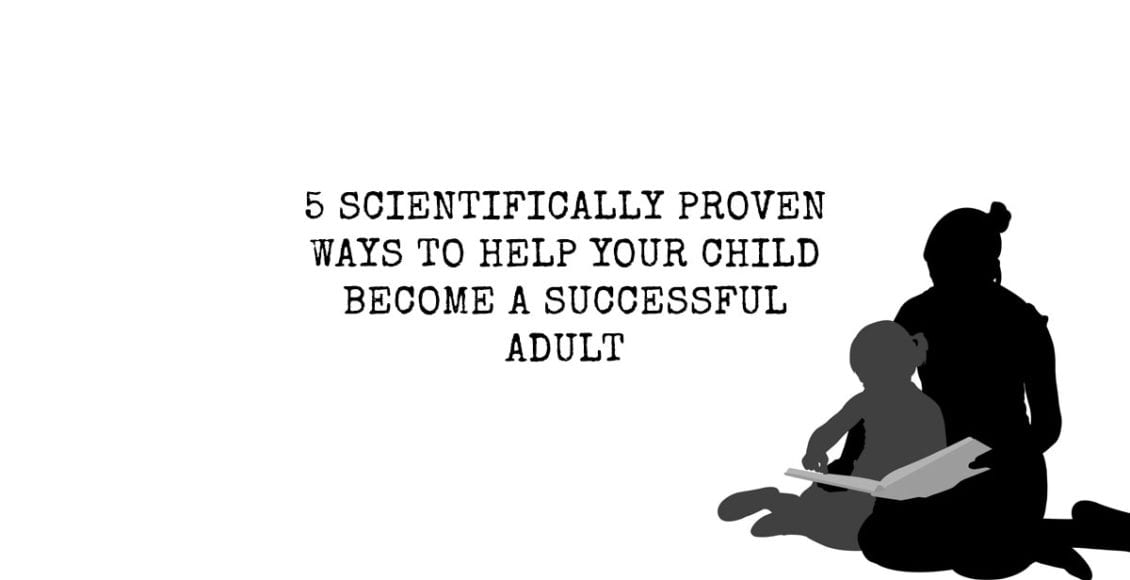“We cannot always build the future for our youth, but we can build our youth for the future,” stated Franklin D. Roosevelt.
In these uncertain times, his words ring more powerful and true than ever before.
Here are five things ANY parent can do to set their child up for a successful future in our ever-changing world:
1. Prioritize the learning process over achieving perfection.
It’s important for children to feel that success is a result of effort – not inherent advantages, talents, or abilities. In her book Mindset: The New Psychology of Success, Carol Dweck dove into this concept with depth and insight and identified two mindsets: the “fixed mindset” and the “growth mindset.” A fixed mindset assumes that people are who they are and cannot change. A child with this mindset will assume that if they struggle with fractions, they must be bad at math – or even stupid. They will respond by avoiding these pursuits because they don’t want to fail. By contrast, a growth mindset equates success with effort and identifies failure as an opportunity for growth. By promoting this mindset with your own child, you encourage them to seek challenges, not to fear failure, and to work tirelessly to accomplish their goals.
2. Give your children household responsibilities.
Children as young as two can – and absolutely should – do simple chores. Our toddler helps clean up spills, puts away his toys, and helps with the laundry by assisting in loading, unloading, and folding. He also helps to feed the dogs and let them in and out of the backyard. Sometimes chores do take longer with little hands helping. However, this practice has been proven the by Harvard Grant Study to give children a more collaborative mindset and a sense of environmental responsibility that will follow them into the workplace. It also fosters a child’s ability to take initiative, identify and solve problems, and see themselves as a powerful part of their community.
3. Teach your child “grit.”
In 2013, University of Pennsylvania psychologist Angela Duckworth won a MacArthur Genius Grant for her work exploring the concept of “grit.” She defined this trait as “perseverance and passion for long-term goals.” In her research, grit was found to be a significant factor in such diverse efforts as educational success, retention in military academies, and even spelling bee rankings. In her book, Grit, Duckworth explores how to develop this trait in yourself and how to teach it to your children. It’s a great read for anyone – parent or not!
4. Be authoritative in your parenting – not permissive or authoritarian.
This is a difficult line for any parent to balance, but it’s such an important one. Over fifty years ago, UC-Berkeley developmental psychologist Diana Baumride identified these three kinds of parenting styles – and her work is still relevant today. A permissive parent focuses on accepting their child as they are, and does not employ consequences for poor behavior. An authoritarian parent attempts to shape the child to conform with their own expectations, and does not place importance on the child’s unique personality and values. In the middle ground is the authoritative parent, who directs the child with reasonable rules and expectations while promoting a sense of identity and independence.
5. Teach your children how to connect with others.
A collaborative research project by Penn State University and Duke University followed over 700 children from kindergarten to age 25 and found a significant correlation between their social skills as kindergartners and their success as adults two decades later. Children who were helpful, kind, and attuned to their own feelings as well as those of others were more likely to earn college degrees and find gainful employment. Children with limited social skills were more likely to become adults who struggled with addiction, poverty, and criminal activity. Truly, the best way to teach our children these important skills is to be mindful of the relationship we build with them ourselves. In a separate study, children who received sensitive caregiving before the age of three were found to achieve greater academic success and enjoy healthier relationships up to three decades later.
“I believe that what we become depends on what our fathers teach us at odd moments, when they aren’t trying to teach us. We are formed by little scraps of wisdom,” wrote Umberto Eco.



